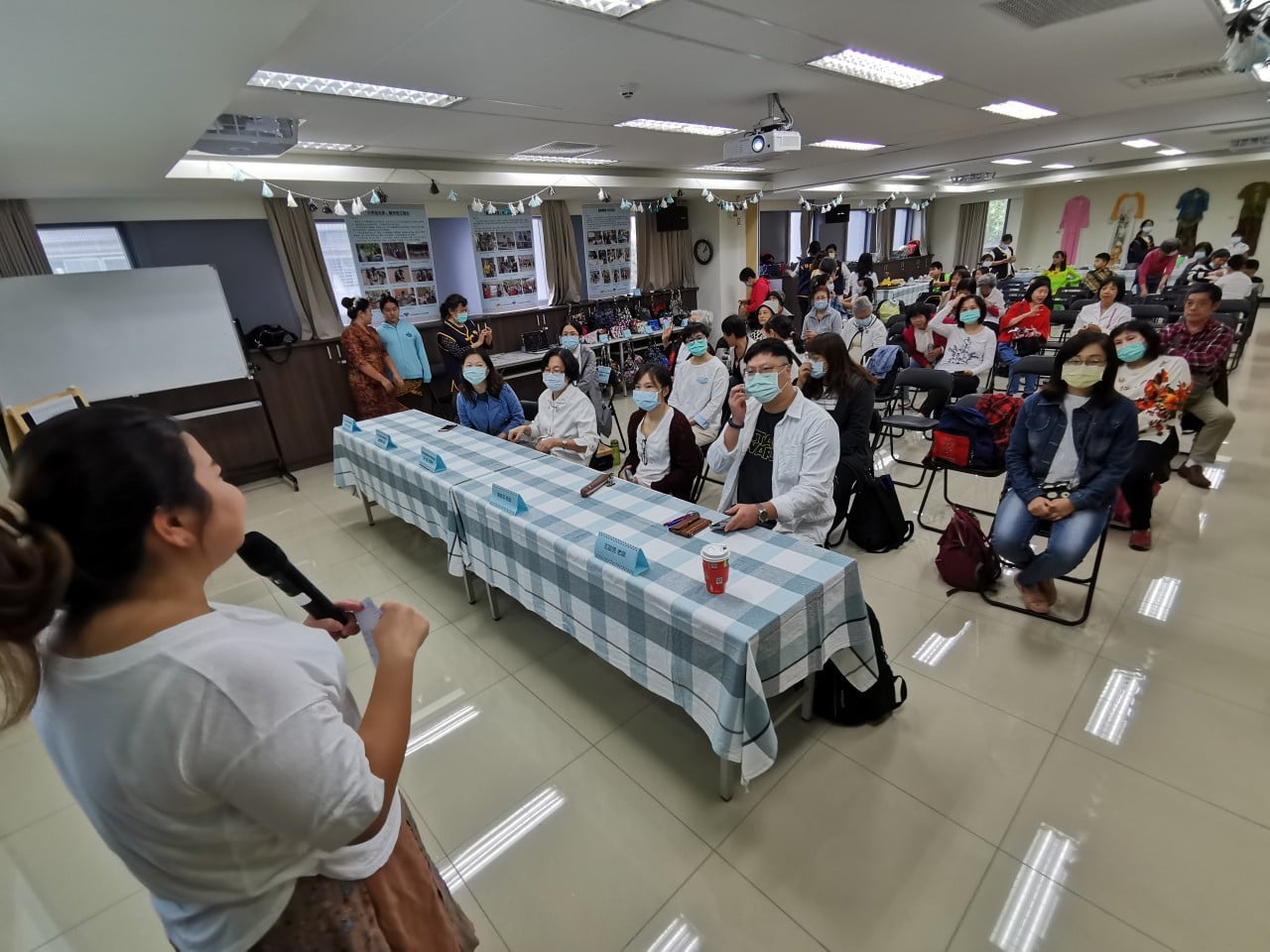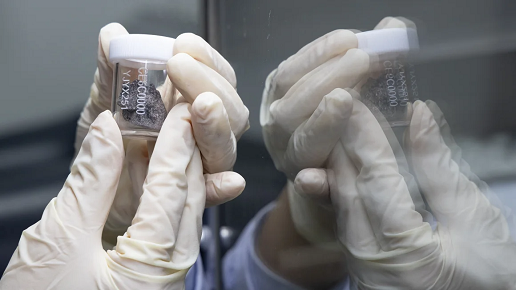Zhongzheng Second Precinct, Taipei City Police Department, and YWCA (西區新移民社區關懷據點) collaborated to undertake anti-fraud publicity in four languages in order to assist new immigrants in avoiding crimes and fraud traps: Vietnamese, Indonesian, Burmese, and Thai.
Read more: Scammed foreign student worked with the police to combat defrauders
Statistics from the 165 Anti-Fraud Network (165全民防騙網) show that 1,601 incidents of "removal of installment payments" have been recorded, and there have been 1,201 fraudulent claims of persons in Taiwan being "fake online auctions" this year. Fraudulent groups prey on people's desire to purchase inexpensive things by posting low-cost items on Facebook groups or auction sites. However, once a customer places an order, they discover that the item is unavailable and they are unable to get in touch with the sellers.

Taipei City Police Department collaborates with YWCA to promote fraud prevention skills for new immigrants.Photo reproduced from 165全民防騙 Facebook
Read more: Taiwan ranks the highest for 14 consecutive years in the Trafficking in Persons Report
Fraud methods also include faking bank employees or customer service representatives, stating erroneously that an order error would result in repeated deductions, requiring the general public to use an ATM to cancel, and seizing the chance to commit financial fraud. Additionally, the police issued another warning to the public, urging them to only conduct their online transactions through trustworthy, official websites, to stick to the secure payment methods offered by these websites, and to avoid communicating with sellers in private using other communication apps.
Additionally, there is no option to reverse the deduction or reverse the sequence while using an ATM or online banking. Don't put too much faith in the other party's identification if you receive a call from a fake financial institution.
Read more: Overstayers self-report for reduced penalty! Let NIA help you home!
The general public may successfully avoid fraud as long as they are diligent to check, regardless of how adaptable the fraud methods are. They can do a search on the 165 Anti-Fraud Network to see whether they are fraudsters if they have reported as fraudulent adverts, strange text or phone calls, requests to add communication accounts, etc. reported LINE ID, fake phone calls, or other bogus data.







